Attending China’s World Internet Conference—China’s annual showcase for its vision of internet governance—was preceded by the irony of preparing to minimize connection to the internet. I took none of my usual devices. Instead, I rented a smartphone for a week and installed a minimal number of apps, including a virtual private network (VPN) service before leaving. I set up a temporary email account. I took a “thin client” office laptop with a secure VPN connector and nothing on its hard drive.
This congress was China’s fifth World Internet Congress, held each time in the ancient canal town of Wuzhen and centered on promoting China’s vision for a system of internet governance led by government and structured to protect national sovereignty. This is an alternative to the multistakeholder system that evolved in the United States and has grown organically into an international system. China, Russia, and other nations see this as a product of the U.S. and an international system they were not part of. The high-level attention and resources China puts into these congresses reflect a level of commitment to advocating its alternative unmatched by the U.S.
Unlike the previous two years’ conferences, this one did not feature speakers as high-profile as President Xi Jinping or Apple’s Tim Cook. But Xi was much quoted by Chinese officials, and mentions of “collective governance,” “cyber sovereignty,” “mutual respect,” “multilateralism,” and United Nations leadership were frequent. (A presenter from France got into the spirit with a presentation entitled “creating a digital world of mutual trust and collective governance—towards a community with a shared future in cyberspace;” it wasn’t clear how the content related to this topic but the title offered a deep bow to the hosts).
The Brookings delegation was there for a “high-level think tank forum,” a roundtable exchange led on the Chinese side by the Chinese Academy of Cyberspace Studies and Chinese Academy of Social Sciences on the general topic of U.S.-China relations in cyberspace. The discussion was divided into two parts, a general assessment of the state of relations followed by a discussion of issues presented by development of artificial intelligence.
It is fair to say that the first topic did not get much beyond the broader issues of the U.S.-China relationship. The developing trade war provided the backdrop, and the conference took place as Donald Trump was holding his post-election press conference crediting his policies with keeping China from passing America as an economic power. All that feeds Chinese perceptions that the U.S.—under this administration at least—is opposed not simply to Chinese policies, but views the rise of China as an inherent threat. Add to these China’s seemingly reduced commitment to the 2015 Xi-Obama agreement on cyber-espionage for commercial purposes and an indefinite postponement of an ongoing cyber dialogue, and it was hard to find common ground.
The discussion on artificial intelligence struck a different note, though. Despite reports presenting AI development as a new arms race between China and the U.S. (development of some automated weapons systems could become a literal arms race) and China’s targeting of AI development as a strategic centerpiece of its industrial strategy, there was common concern with the social issues of ethics, discrimination, and the future of work arising from AI.
My own comments were aimed at what may be the self-limiting effect of China’s intranet defined by national borders. Network theory measures the value of networks by Metcalfe’s Law, where network value is a function of the square of the number of nodes or points of connection on the network. China has reached 800 million internet users, a number that exceeds the entire populations of the United States, Brazil, and Indonesia combined. With so many points of connection within its borders, China alone can generate significant network effects. But it still represents only 20 percent of the world’s internet users, which means that by itself it can generate only four percent of the effects possible from a global network. China is choosing to cut off part of these effects.
Of course, China is not entirely cut off from the world in a virtual Middle Kingdom. As one Chinese internet investor put it in the recent New York Times special report on China, “We still get the information we need for economic modernization.” But the ability to conduct business is only one among many benefits of being connected.
China’s leaders have managed its rise with extraordinary drive and agility for several decades. To sustain that rise in the decades ahead, they have to move increasingly from Deng Xiaoping’s “crossing the river by feeling the stones” to high wire acts in several directions. Can they successfully root out a system of corruption without alienating the power structures that have benefited? Can they meet the growing energy and other resource demands at the same time as serious environmental and climate goals? Can they turn their enterprises into efficient market actors that remain instruments of state policies? And the trickiest act of them all: can they juggle all these things and keep economic growth going enough to satisfy the rising expectations of the people and maintain their support?
China’s internet model parallels these challenges. In the long term, can China sustain its own carefully controlled network and still reap all the economic and social benefits of global connectedness it needs?
The Brookings Institution is committed to quality, independence, and impact.
We are supported by a diverse array of funders. In line with our values and policies, each Brookings publication represents the sole views of its author(s).

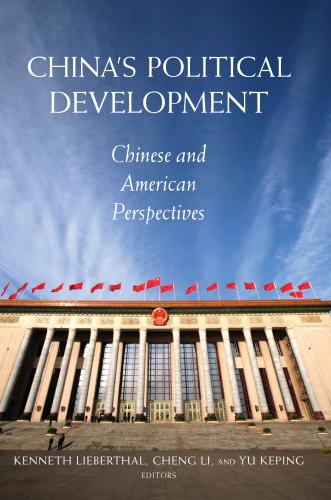
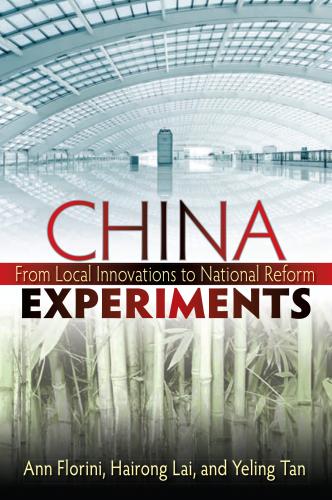
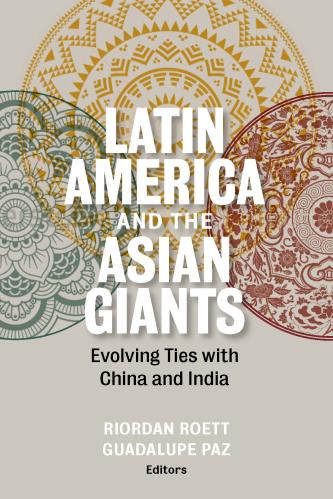

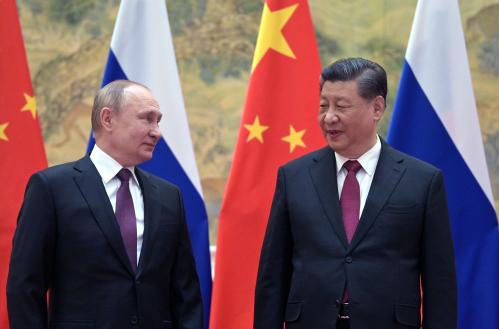
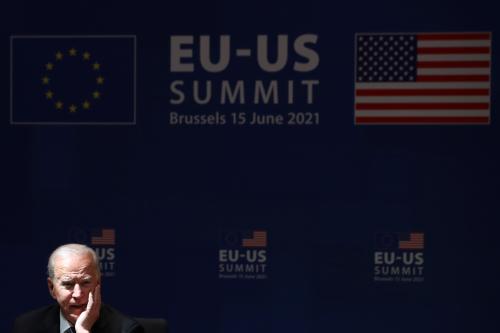




Commentary
Can China have difficult conversations about the internet?
December 6, 2018